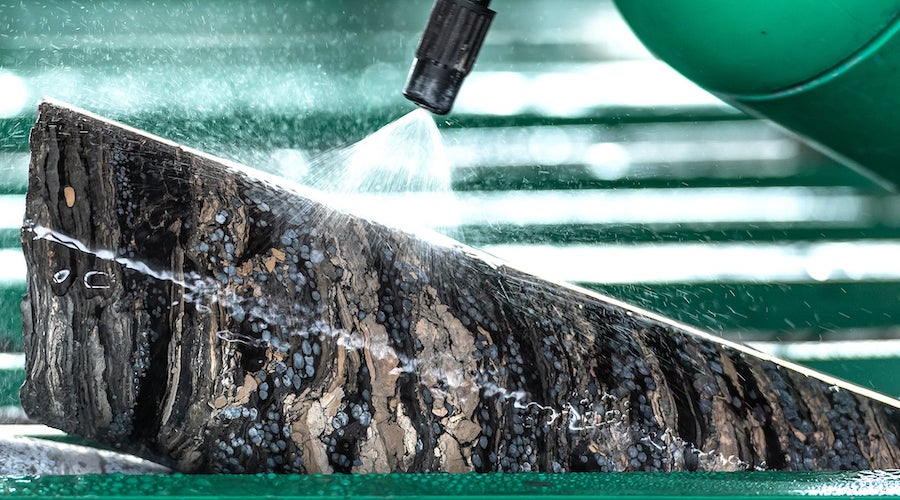Mercedes, Stellantis in talks to back Serbia’s lithium plans

Mercedes-Benz Group AG and Stellantis NV are in discussions with Serbia’s government to invest in lithium-processing and EV battery production, potentially adding fresh support for what may become Europe’s biggest lithium mine.
The carmakers, who are already partners in a battery joint venture, are willing to follow Rio Tinto Group’s investment in the proposed $2.4 billion mine in Serbia by developing processing and EV battery output, according to people familiar with the situation.
The discussions are a step forward in reviving Rio’s Jadar mine, which was blocked by Serbia two years ago following mass protests that brought cities across the country to a standstill.
Spokespeople for Mercedes and Stellantis declined to comment.
Creating a broader lithium industry — rather than just exporting the raw material — has been a key demand of the Serbian government in backing the Jadar project as is seeks to capture value from its natural resources.
Should the mine get the go ahead, it will be a major boost to Rio, Serbia’s economy and crucially Europe’s attempts to secure supplies of the raw materials needed to power the energy transition.
The European Union is wholly reliant on imports of the commodity used to make batteries. The bloc has pursued the development of its own EV supply chain to ease dependence on imports from Asia, though the faltering shift to EVs has seen a range of cell-making projects put on the back burner.
This includes Mercedes and Stellantis, which have put on hold two of their three battery plants in Europe, set to cost a total of €7 billion ($7.7 billion), after vehicle demand fell short of expectations. Even if European battery champions emerge, the industry remains dependent on a raw materials and a processing supply chain that’s dominated by China.
Serbia will sign a framework agreement with the EU on mineral raw materials on Friday, Serbia’s President Aleksandar Vucic told reporters late Wednesday. The initial pact sets out the establishment of a processing industry as well as battery making, Vucic said. That would ensure the production of materials as well as EVs qualifying for sale in the EU without attracting levies.
Executives from the two car companies are set to be in Serbia on Friday, when German Chancellor Olaf Scholz visits the country, and may sign letters of intent to develop the country’s industry, said the people, who asked not to be named discussing private information. Executives from Rio are also expected to be there.
Rio’s project looked dead in early 2022, when the government moved to block it.
The company announced the project the previous year, before it had secured all the licenses needed and it quickly became a political issue, seized on by both environmentalists and opposition politicians. That led to thousands of protesters taking to the streets in late 2021.
Still, Rio continued to work on the project, engaging with local communities and seeking to allay environmental concerns. It also sought the support of Europe’s top carmakers to help develop an industry in the country.
Vucic, the country’s dominant politician, has repeatedly expressed regret that the project was halted, saying it was a missed opportunity to boost Serbia’s economy. Last month, he said authorities may soon let the Anglo-Australian company resume preparations to open the mine in 2028.
Those efforts got a major boost last week when Serbia’s constitutional court overturned a government decree that in 2022 blocked the project.
The resumption of the project will be a big win for Rio chief executive officer Jakob Stausholm. He sanctioned the mine as one of his first major steps as CEO, but it quickly backfired.
(By Michael Nienaber, Thomas Biesheuvel and Albertina Torsoli)
{{ commodity.name }}
{{ post.title }}
{{ post.date }}




2 Comments
bricktop
People will fight against those who want to pollute our land!
Alejandro
Pffff… What a joke. Serbians do much more harm to their country every day and no one blinks about it. Serbians do not fight anymore, it is a failed nation. Now they sell their children’s future for a bag of sugar and bottle of vegetable oil. Pathetic nation…